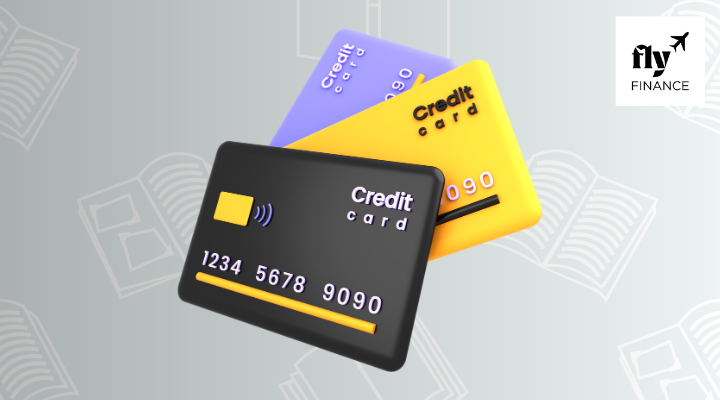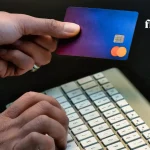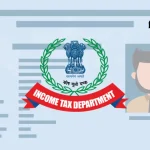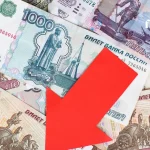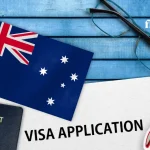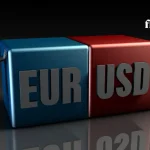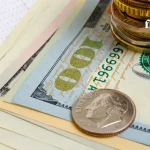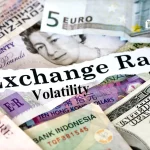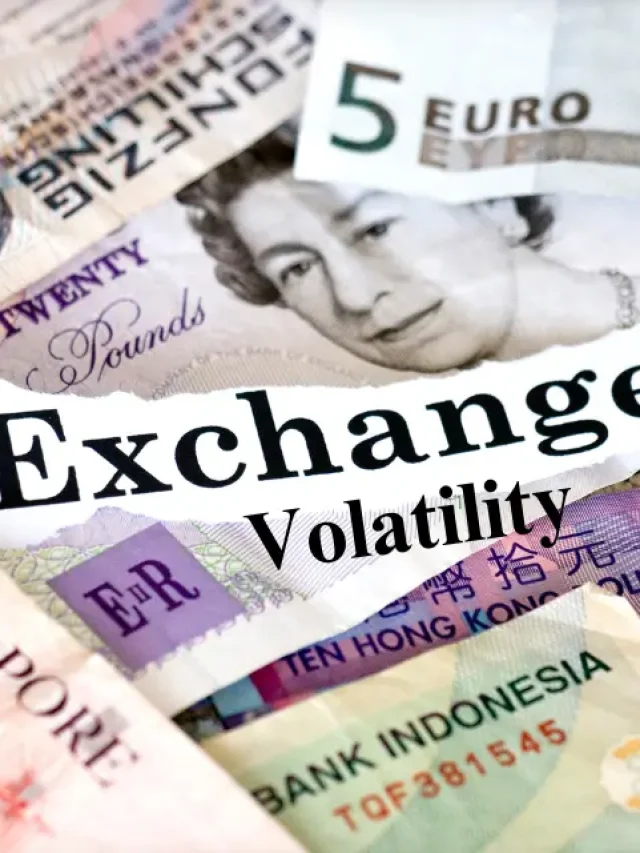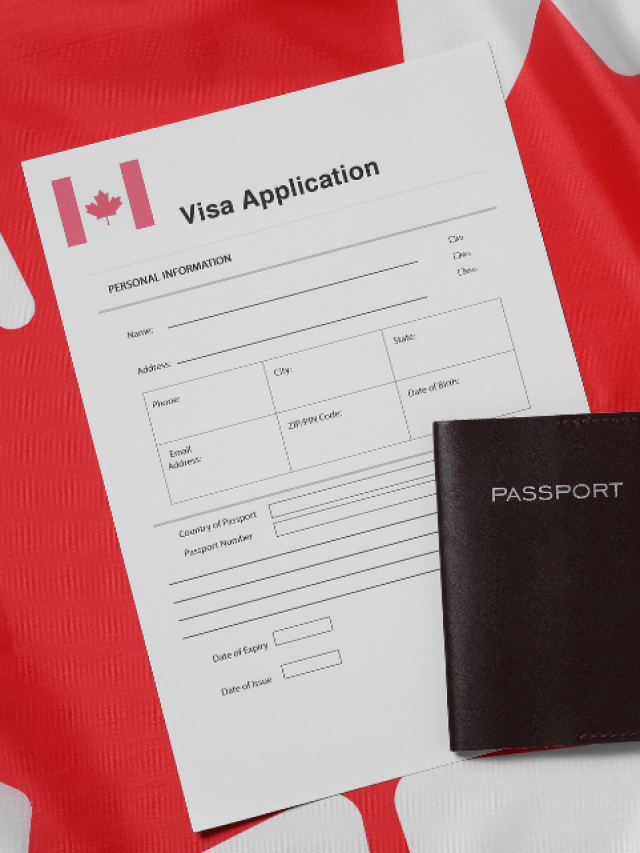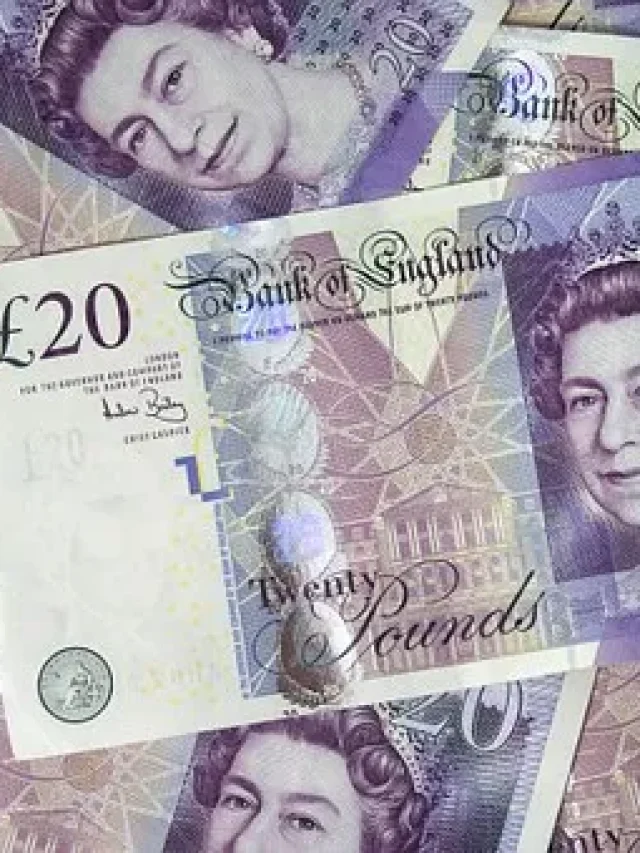When studying abroad or travelling for any purpose, it is crucial to have convenient and secure modes of payment. When it comes to making international transactions, two popular options are forex cards and credit cards. Both offer unique features and benefits, but understanding their differences is crucial for making informed decisions.
In this blog, we will compare forex cards and credit cards, highlighting their pros and cons, to help you choose the right option for your international transactions. Forex card vs credit card: Which one is better and why? Read this blog to know it all!
Table of contents
Definition and Functionality
Credit Cards and Forex Cards are convenient modes of making transactions. These are issued by banks or financial institutions and allow you to make purchases or withdraw cash. Let’s check out the difference between these financial tools and see which is the best one-
Credit Cards- Repayments with credit cards are due monthly with interest applied to outstanding balances. Credit cards are convenient for everyday expenses and build your credit history, but they can incur high fees for foreign transactions and cash advances.
Forex Cards- On the other hand Forex cards are specifically designed for international travel. They are preloaded with foreign currency and can be used for purchases or withdrawals abroad. They offer the advantage of locking in exchange rates at the time of loading, protecting you from currency fluctuations. Forex cards usually have lower fees for foreign transactions compared to credit cards, making them a cost-effective option for students managing tight budgets while studying abroad. Some of the best forex cards for Indian students based on country are listed below-
- Best Forex Cards for Indian Students in Ireland
- Best Forex Cards to use in Australia
- Best Forex Cards to use in Germany
- Best Forex Cards for Indian Students in the UK
| Functions | Forex Card | Credit Card |
| Currency Conversion | Multiple currencies can be loaded onto a single card. | Transactions are typically converted by the card issuer. |
| Exchange Rates | Exchange rates can be locked in at the time of loading. | Rates are determined by the card issuer at the time of purchase. |
| Acceptance and Access | Widely accepted at ATMs, hotels, restaurants, and shops. | Accepted at most establishments, with some limitations. |
| Foreign Transaction Fees | Lower or no foreign transaction fees. | Foreign transaction fees typically apply. |
| Online Transactions | Can be used for online transactions. | Can be used for online transactions. |
| Cash Withdrawals | Cash withdrawals in local currency from ATMs. | Cash advances from ATMs, but with higher fees and interest rates. |
| Security | PIN-based transactions, chip and PIN technology. | PIN protection, fraud monitoring, and zero-liability policies. |
Must Read: Check out the list of Cheapest Forex Cards for International Students and manage your finances easily when studying abroad.
Forex Card vs Credit Card: Acceptance and Accessibility
Forex cards are widely accepted at ATMs, hotels, restaurants, and shops globally. Apart from these accessible locations, Forex Cards allow you to withdraw cash in the local currency or make payments at merchant establishments, making them an ideal choice for international travel.
On the other hand, Credit Cards are accepted at most establishments with some limitations. They are globally accepted and can be used in most establishments that accept card payments. They provide convenience for making purchases, both online and offline. However, some remote areas or small vendors may have limited acceptance of credit cards.
Currency Conversion and Exchange Rates
Currency conversion and exchange rates are important as they determine the cost of international transactions, impacting the purchasing power of different currencies and influencing the overall value of transactions. It’s crucial to consider these factors to ensure accurate budgeting and minimize financial risks while conducting global transactions.
Forex Card
One of the major advantages of a Forex card is the ability to load multiple currencies and lock in the exchange rates at the time of loading. This protects you from fluctuations in currency exchange rates. It offers transparency in currency conversion and eliminates the need for manual calculations.
Credit Card
Credit cards offer currency conversion services, but the rates are generally determined by the card issuer at the time of the transaction. These rates may include additional fees and may not always be the most favourable. It’s important to be aware of the applicable conversion rates and any associated charges.
Must Read: Learn about Multi-currency Forex Cards. Know the charges, benefits, purpose and top banks offering it.
Foreign Transaction Charges
Foreign transaction fees are additional costs incurred when making purchases or transactions in a foreign currency or outside your home country. These fees are typically a percentage of the transaction amount and may vary depending on the credit card or financial institution. It’s important to be aware of these fees and get the cheapest currency exchange to avoid paying extra.
Forex Card
Forex cards often have lower or no foreign transaction fees compared to credit cards. They are designed specifically for international use and offer competitive exchange rates. However, some Forex cards may have issuance or reloading fees, and ATM withdrawals may attract additional charges.
Check HDFC Forex Cards, which are one of the most preferred options when it comes to Forex Cards for students.
Credit Card
Credit cards usually charge foreign transaction fees, typically ranging from 1% to 3% of the transaction amount. Additionally, if you withdraw cash from an ATM using a credit card, it may incur higher interest rates and cash advance fees. It’s essential to check your credit card terms and conditions for any applicable charges.
Also Read: Read about popular Forex Scams and save yourself from falling trap into it.
Safety and Security
Forex cards and credit cards prioritize safety and security by offering various safety and security features. These measures ensure the protection of your funds and personal information during international transactions.
Forex Card
Forex cards provide enhanced security features such as PIN-based transactions, chip and PIN technology, and the option to lock/unlock the card when not in use. In case of loss or theft, most Forex card issuers offer replacement cards or emergency cash assistance.
Credit Card
Credit cards also offer security features like PIN protection, fraud monitoring, and zero-liability policies for unauthorized transactions. In case of loss or theft, promptly reporting the incident to the credit card issuer can help prevent any unauthorized usage.
Check out the FAQS on Forex Cards for Students and understand the basics of Forex cards efficiently to make transactions hassle-free.
Which is Better? Forex Card or Credit Cards
When it comes to choosing between a Forex card vs credit card for international transactions, it ultimately depends on your specific requirements and preferences. Forex cards are ideal for those who want to lock in exchange rates and have better control over their travel budget. Credit cards, on the other hand, offer convenience and flexibility. Let’s check out the final benefits to help you choose the best.
Forex Cards
- Forex cards allow you to load money in foreign currency at a fixed exchange rate, protecting you from fluctuations.
- Typically, forex cards have lower transaction fees compared to credit cards, making them cost-effective for frequent transactions.
- Since forex cards are prepaid, they help students manage their budgets better, avoiding the temptation to overspend.
- Forex cards are generally accepted at ATMs, shops, and restaurants worldwide, similar to credit cards.
- Most forex cards do not charge additional fees for transactions made abroad, unlike many credit cards.
Credit Cards
- Using a credit card responsibly helps build a credit history, which is beneficial for future financial activities like applying for loans.
- Credit cards provide access to a line of credit, which can be crucial in emergencies when you need funds beyond what you preloaded on a Forex card.
- Many credit cards offer rewards, cashback, travel insurance, and other perks that can enhance your spending experience.
- Credit cards are convenient for large or unexpected expenses, where preloaded forex card balances may fall short.
- Credit cards offer strong fraud protection, and unauthorized transactions can be disputed, often with zero liability for the cardholder.
FAQs
A Forex card allows you to load multiple currencies and lock in exchange rates, providing protection against currency fluctuations.
– Forex cards often have lower or no foreign transaction fees, making them a cost-effective option for international transactions.
– They offer enhanced security features, such as PIN-based transactions and the ability to lock/unlock the card, reducing the risk of unauthorized usage.
While forex cards are widely accepted, there may be some remote areas or smaller establishments that have limited acceptance.
– Forex cards require preloading with funds, which means you need to plan and manage your travel budget in advance.
– If you run out of funds on a Forex card, you may need to reload it, which could incur additional fees or delays.
Yes, forex cards can be used for online transactions just like credit cards, provided the website or platform accepts card payments.
– Forex cards also allow you to withdraw cash from ATMs in the local currency of the country you’re visiting, providing convenient access to funds.
– It’s important to note that cash withdrawals from ATMs may attract transaction fees or limits imposed by the forex card issuer.
While both offer their own set of advantages and disadvantages, carrying a Forex Card is an ideal choice if you are a student travelling to study abroad.
ICICI Bank Sapphiro Credit Card has zero forex charges. There are other zero-markup forex cards for students to simplify their foreign transactions.
This is everything you need to know about Forex Card vs Credit Card. To know more about forex cards, the best bank accounts for students, forex and banking experience for global students or international money transfers, reach out to our experts at 1800572126 to help ease your study abroad experience.

